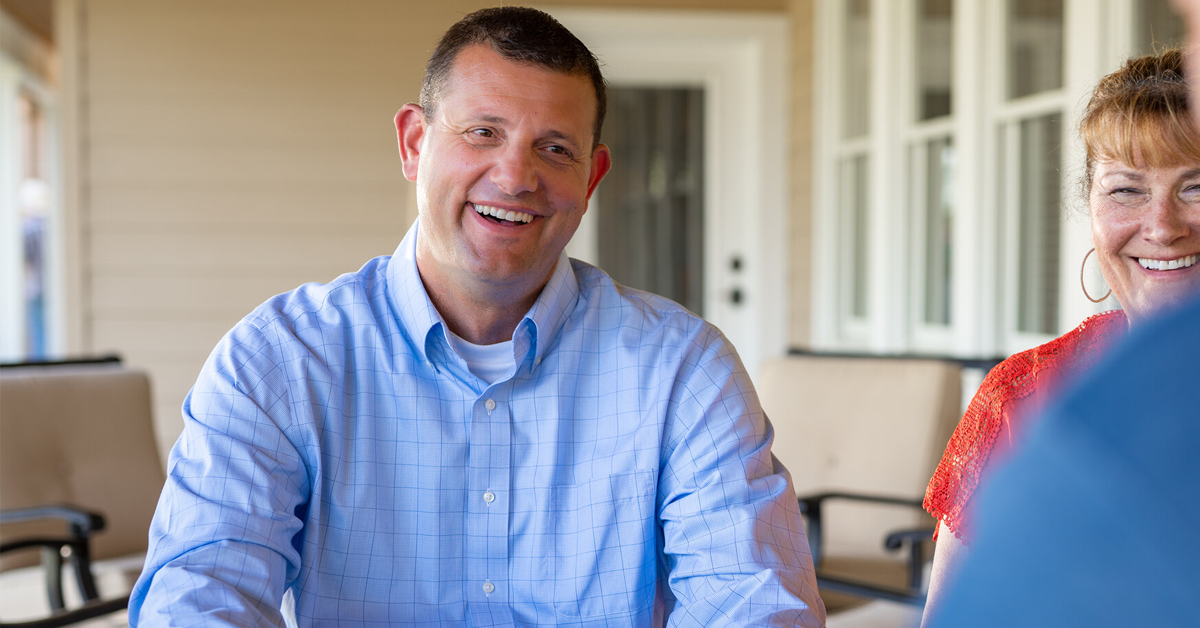The U.S. House of Representatives has set up new rules around how congressional offices can use ChatGPT, an AI-powered chatbot, according to a report from Axios.
Offices can only use the product for “research and evaluation” with privacy settings enabled and are forbidden from pasting “any blocks of text that have not already been made public” into the service.
The backstory: The move comes after a number of private companies, including Samsung and Apple, have restricted or banned employees from using generative AI tools like ChatGPT due to fears that confidential data might leak through the tools.
- Senate and House lawmakers have already introduced a handful of bills to regulate the industry this year, including measures to ensure that Section 230 wouldn’t apply to AI companies, opening them up to legal liability.
- The House’s decision to restrict the use of AI chatbots like ChatGPT is part of a growing trend of lawmakers and industry leaders calling for increased regulation of the AI industry.
- Other measures being considered would ask federal agencies to review their AI policies or create a new commission to study and establish new rules for the industry.
What they’re saying: The House Chief Administrative Chief Catherine L. Szpindor said that lawmakers and staff were now limited to using ChatGPT Plus, the paid version of the chatbot, due to its enhanced privacy features.
- Senate Majority Leader Chuck Schumer has called on Congress to pass new legislation to regulate the AI industry, citing concerns about AI’s potential risks to national security and job loss.
- Congress has also begun conversations with major industry figures, including Sam Altman, CEO of OpenAI, the creator of ChatGPT.










